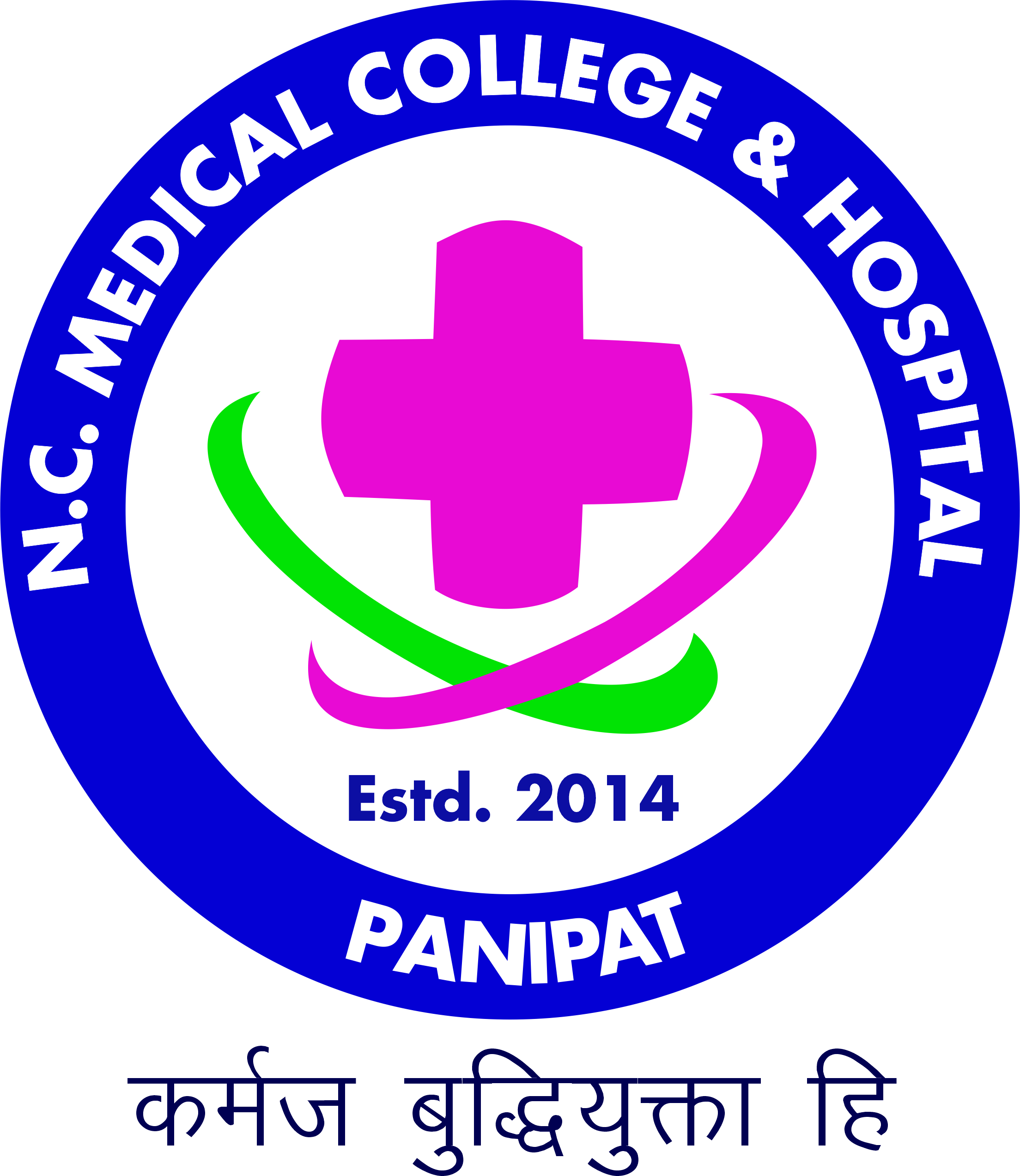Introduction to Orthopedics
An Orthopedics degree is a specialized medical program dedicated to the study and treatment of musculoskeletal conditions and injuries. This comprehensive guide delves into the structure of the degree and explores the key subjects integral to its curriculum.
Exploring the Orthopedics Degree
An Orthopedics degree is a specialized medical program that focuses on the diagnosis, treatment, and surgical management of musculoskeletal conditions and injuries. In this guide, we explore the structure of the degree and highlight the key subjects studied during the course.
Orthopedics Curriculum: The Orthopedics curriculum is designed to prepare students for careers as orthopedic surgeons, emphasizing in-depth knowledge and advanced clinical skills related to the musculoskeletal system, orthopedic surgery, and patient care.
Anatomy: Anatomy emphasizes the detailed study of the musculoskeletal system, including bones, muscles, joints, ligaments, and tendons, providing a foundation for orthopedic practice.
Orthopedic Surgery: Orthopedic Surgery covers surgical techniques, procedures, and principles used to treat musculoskeletal disorders, fractures, joint replacements, and soft tissue injuries.
Musculoskeletal Imaging: Musculoskeletal Imaging focuses on diagnostic techniques like X-rays, MRI, and CT scans to assess orthopedic conditions and plan treatments.
Orthopedic Subspecialties: Orthopedic Subspecialties delve into specialized areas such as sports medicine, spinal surgery, pediatric orthopedics, hand surgery, and joint reconstruction.
Rehabilitation and Physical Therapy: Rehabilitation and Physical Therapy address post-operative and non-operative care, including physical therapy, rehabilitation exercises, and patient recovery.
Clinical Training: Clinical training is a crucial component of the Orthopedics degree, providing students with hands-on experience through rotations in orthopedic departments, surgical theaters, and outpatient clinics.
Residency and Fellowship: After completing the degree, graduates typically enter an Orthopedic Surgery residency program. Some may choose to pursue subspecialty fellowships in areas like orthopedic sports medicine or orthopedic trauma.
Conclusion:
The Orthopedics degree equips aspiring orthopedic surgeons with specialized knowledge and advanced clinical skills for musculoskeletal care. Subjects such as anatomy, orthopedic surgery, imaging, and rehabilitation, combined with extensive clinical training, prepare graduates to provide expert orthopedic care and perform surgical interventions.
| Degree/Diploma | Subject | Total No. of Seats |
| Degree (MS) | Orthopedics | 02 |
- Courses
Admission Enquiry Form
- Contact us
- ncmedicalcollege.panipat@gmail.com
- Admission Helpline: 0180-2579061
- Phone: 0180-2579081, 0180-2579061
- Ext: 280,281
- Fax: 0180-2579081
- N.C. Medical College & Hospital, Panipat-Rohtak Road, VPO Israna, Panipat-132107 Haryana (India)
Brochures
View our Medical prospectus of
brochure for an easy to read guide on
all of the services offer.
